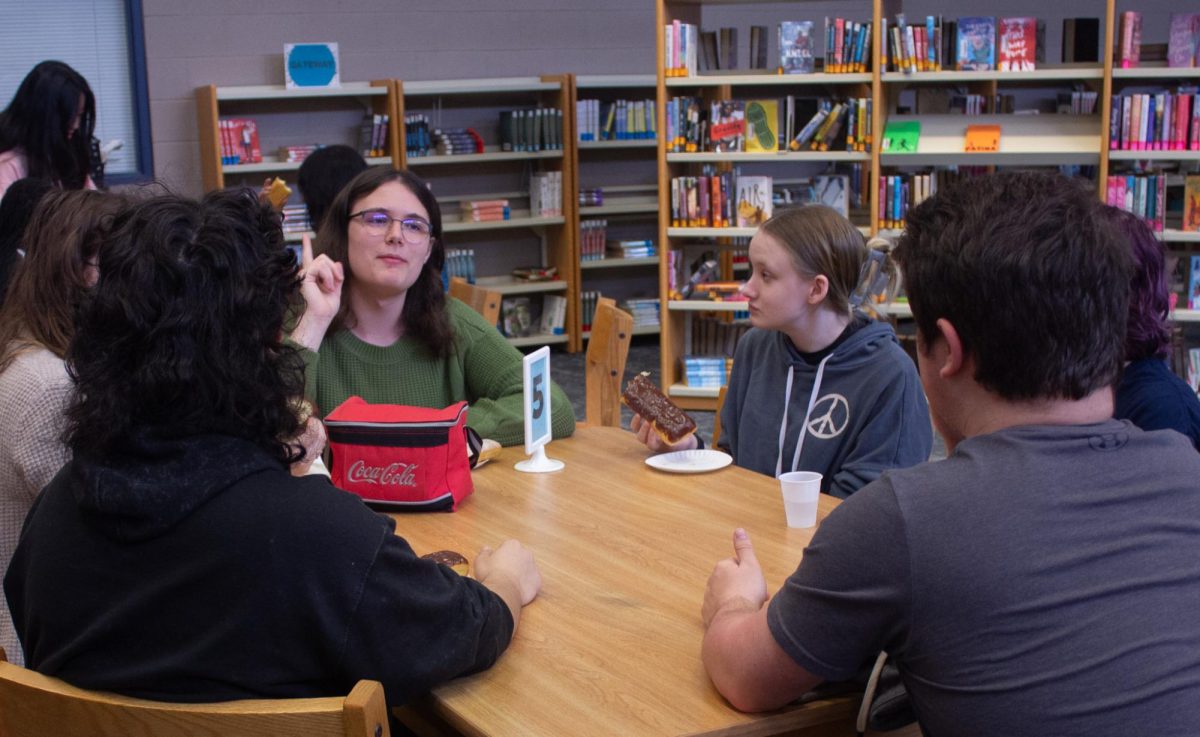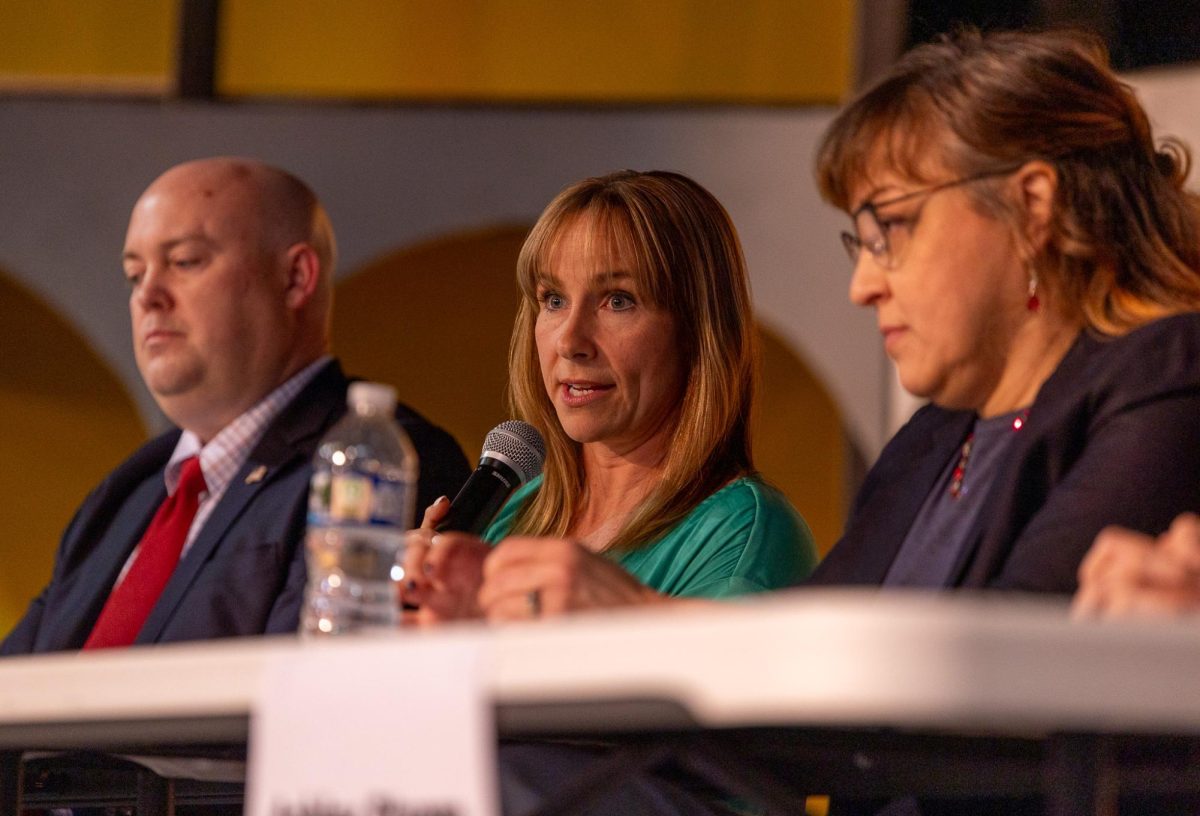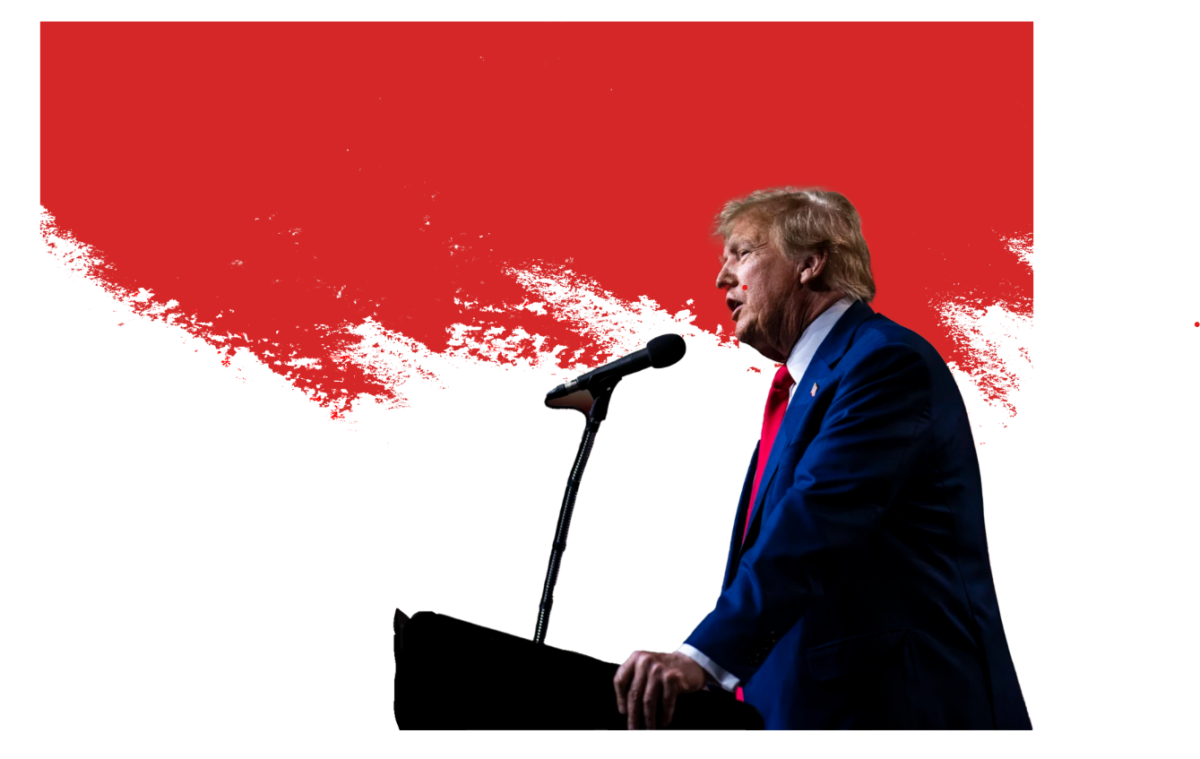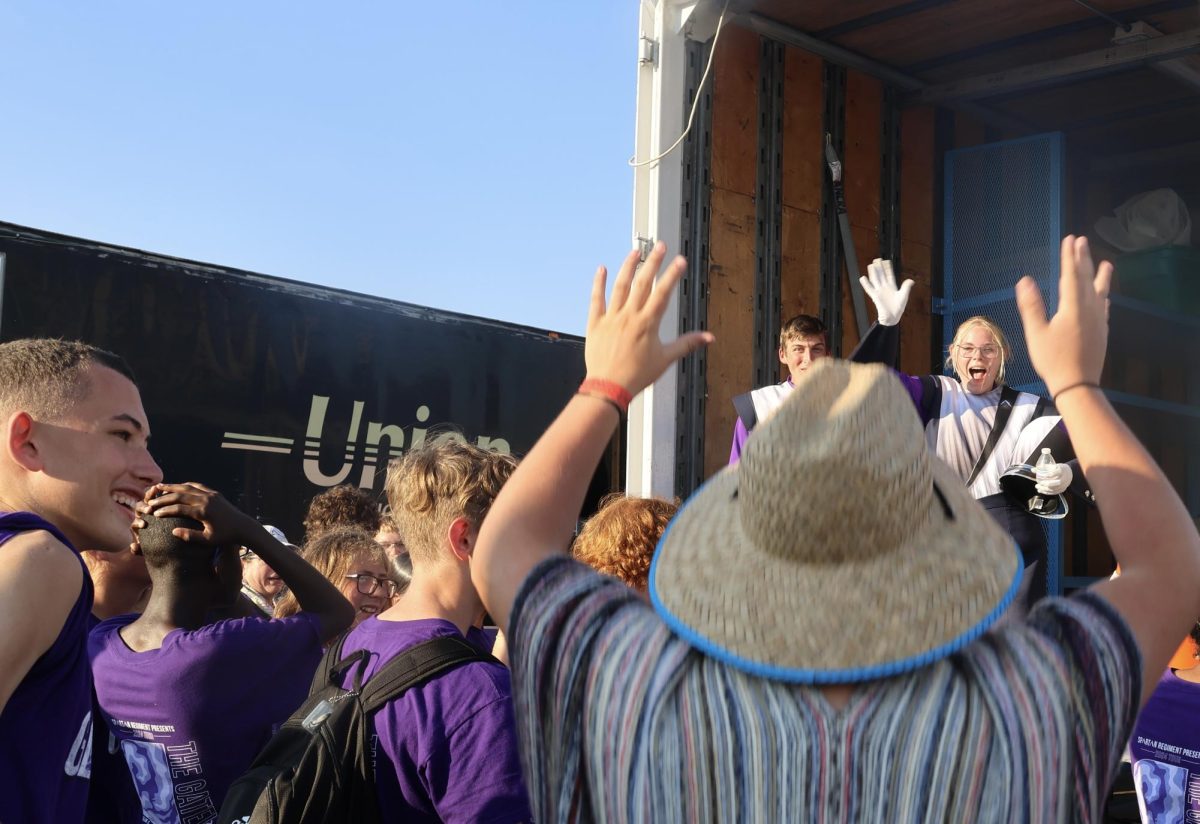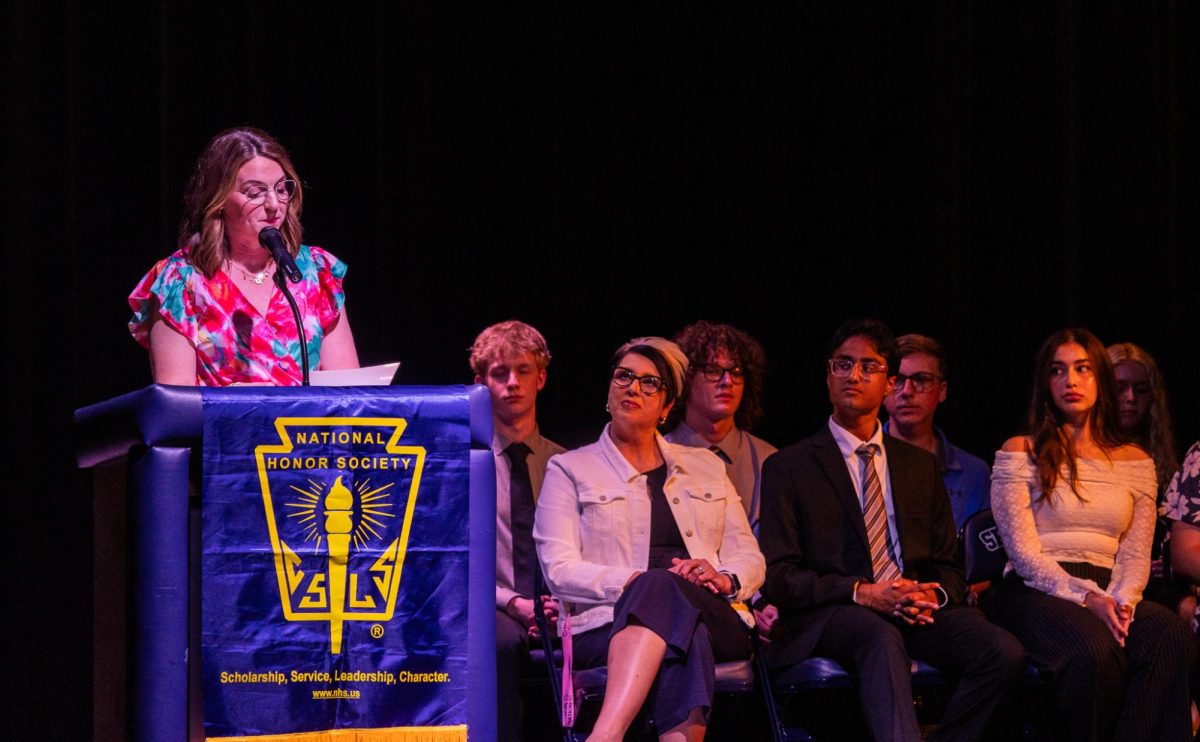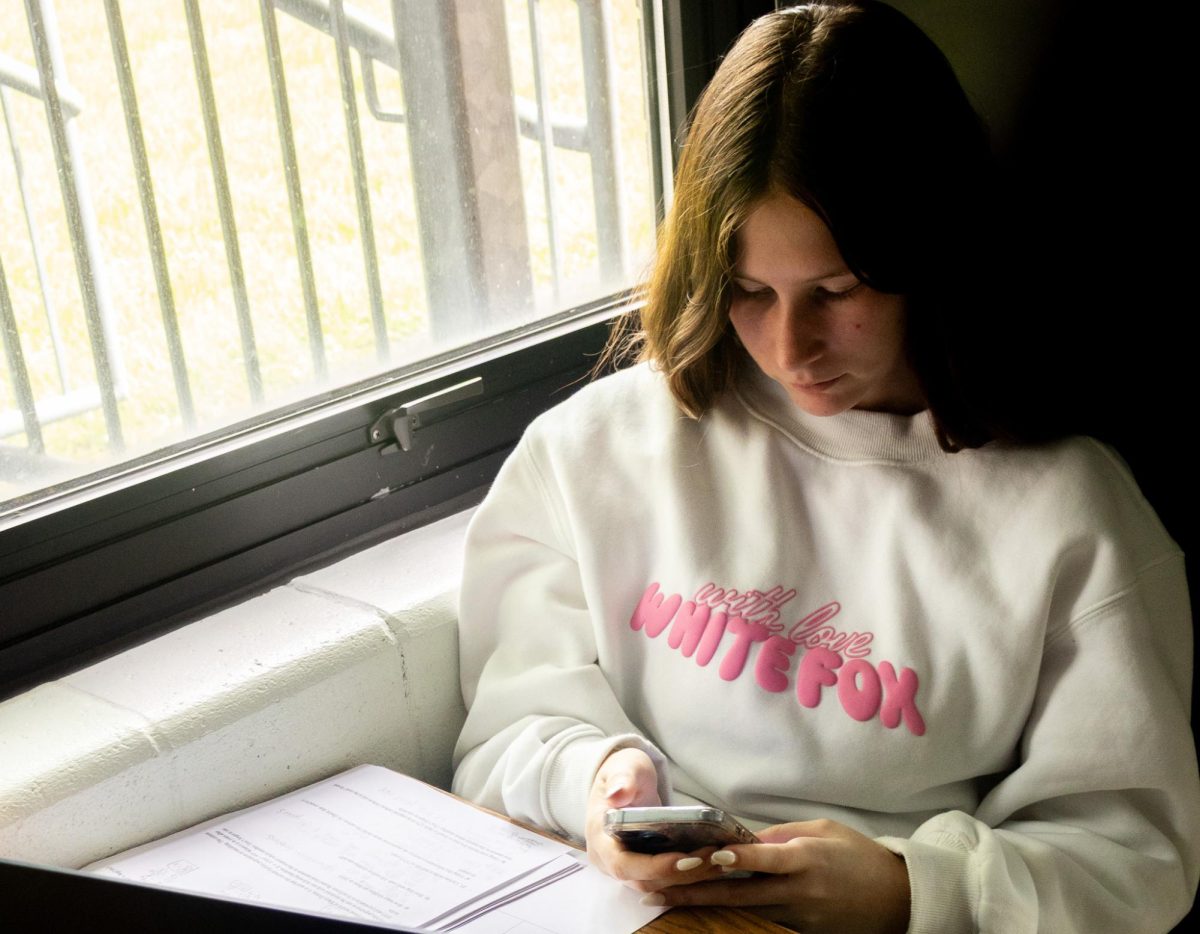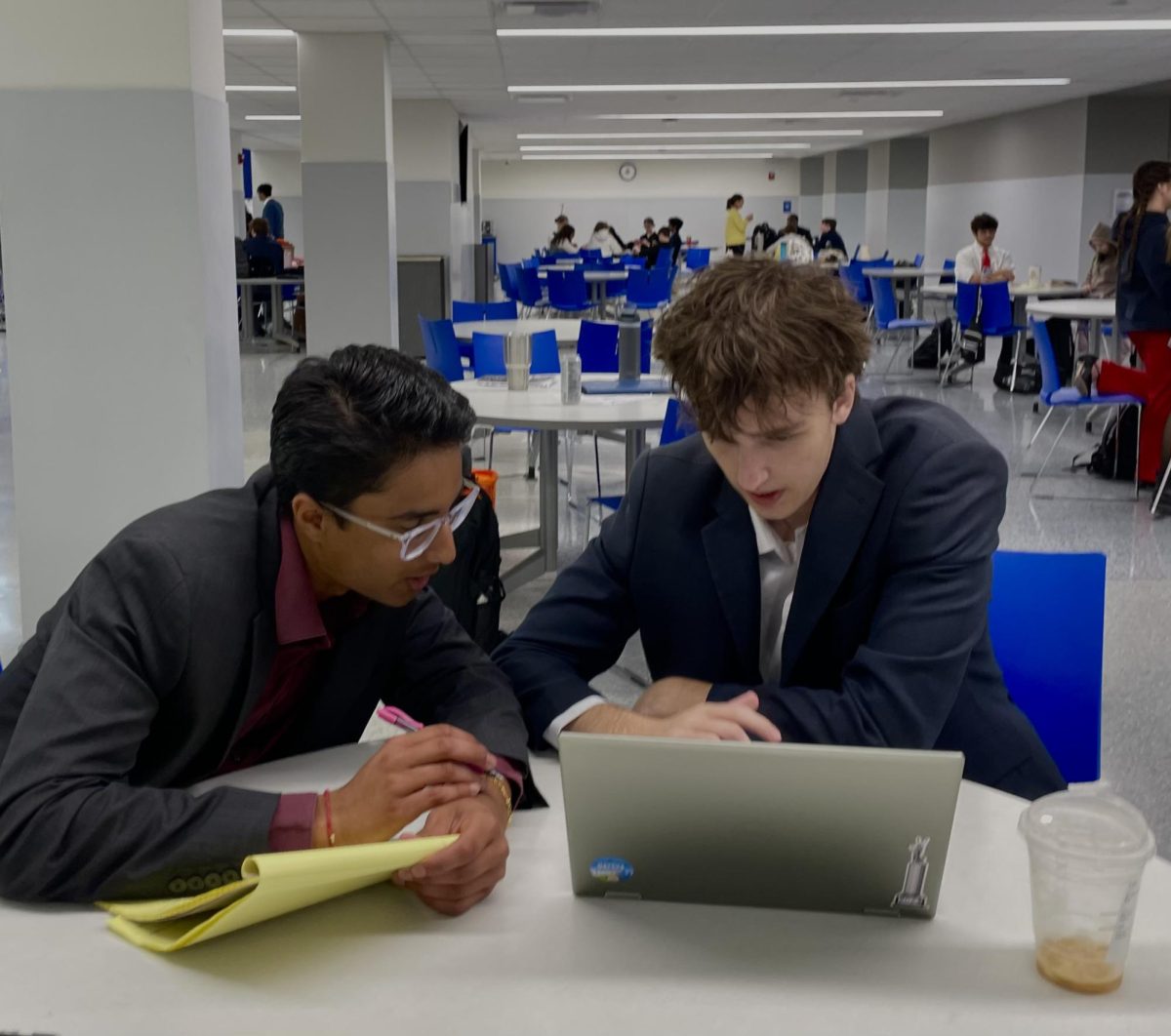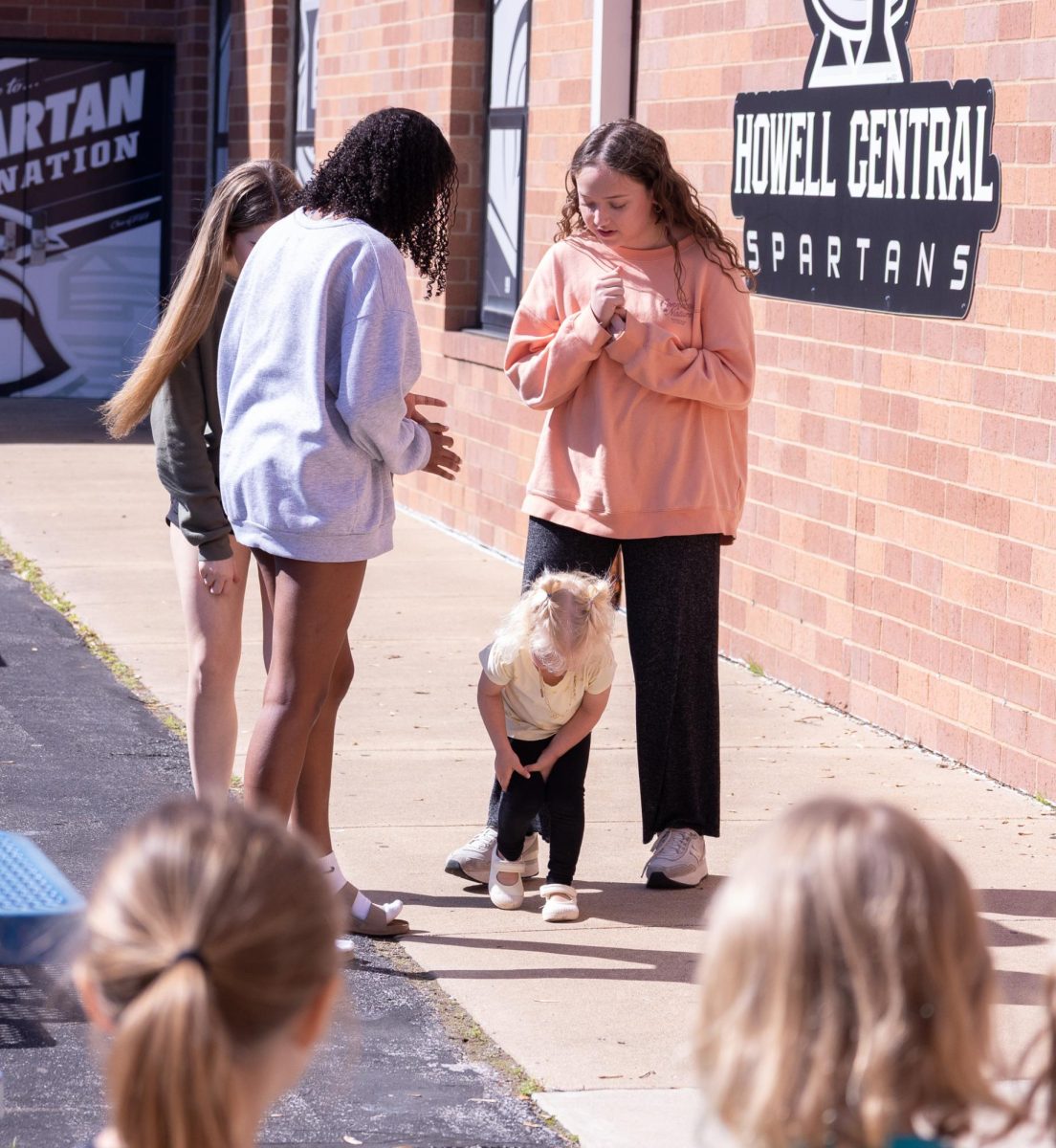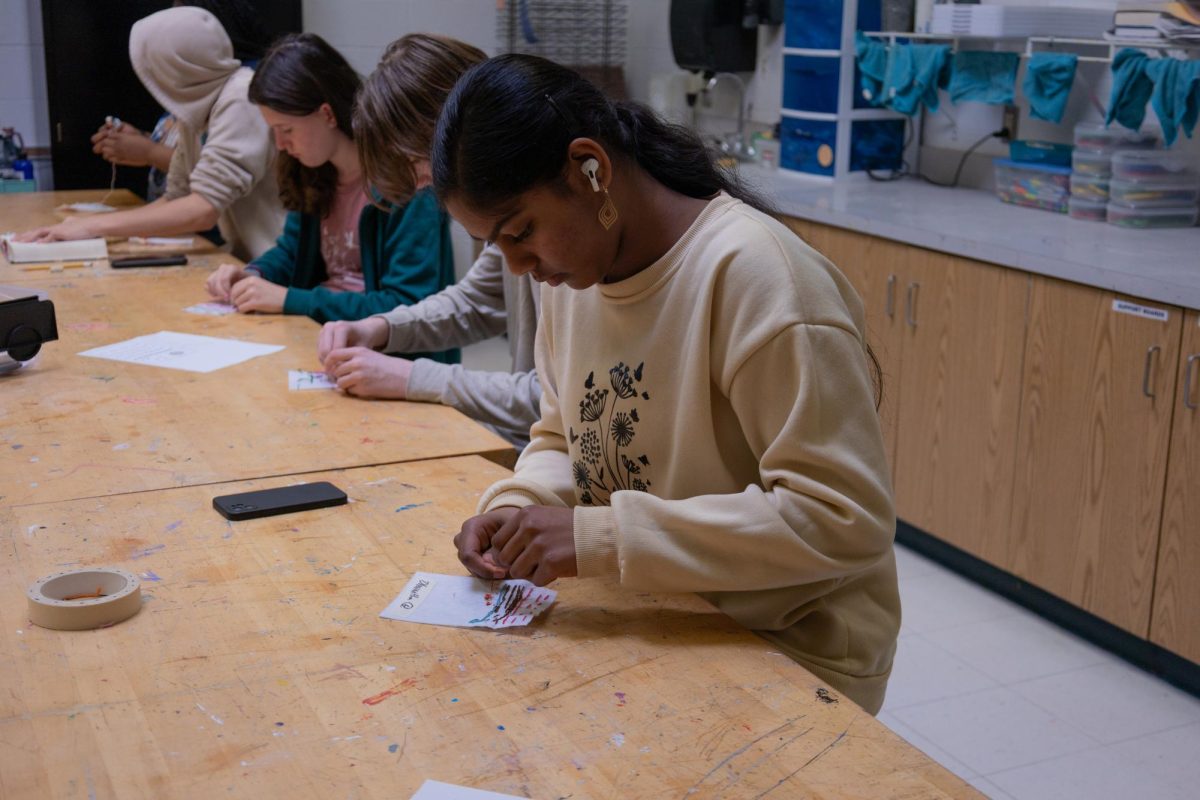Under the updated proposed change of Policy 6310 on Sunday, July 14, Learning Commons material must not contain “excessive or unnecessary” violence and profanity in secondary schools. Therefore, material under this proposed policy change will not be removed until questioned under this criteria, and the Board will have the final decision when questions arise.
The updated version of the proposed changes to Policy 6310 and Regulation 6310, along with the updated proposals Policy 6241 and Regulation 6241 and Policy 6341 and Regulation 6341, are up for another first reading tonight at the Thursday, July 18 Board meeting, so there will be no vote yet, after the community provided feedback and criticism to the policy between now and when it was first introduced. Vice President Randy Cook updated the policy and regulation proposals.
The entire “Collection Development” requirements have been changed significantly. The Board will consider material violating these requirements if it is a “highly regarded piece of literature, non-fiction work, or religious doctrine.” Originally phrased as “classic literature,” this responds to Dr. Jason Becker, an English teacher who has been in the district for 21 years and attended the June 20 Board meeting, by allowing other literature including those written by more diverse authors to be appealed and considered by the Board to remain in the Learning Commons.
“Those classics represent a very limited perspective of the world, mostly written by Caucasian men. It will make those diverse voices unavailable to students,” Dr. Becker said.
Profanity has been changed to be defined “as that which the Federal Communications Commission (FCC) considers indecent content or profane content,” and elementary school content shall have no profanity, same as the original proposal of P6310, but secondary school materials have been given more leeway under the updated proposed change of Policy 6310, along with materials containing violence, entrusting Library Media Specialists with more control over what is considered “excessive or unnecessary,” unless questions would arise.
The updated proposed change of P6310 includes a distinction between acquired material in classroom libraries. Material bought with public funds and donated will be required to be cataloged into the Library Management System and approved by the board under the updated change proposal, along with Learning Commons material, synonymous with the original proposed P6310, but material owned by teachers or bought privately available to students will not be required to be cataloged or approved for purchase, and would not be considered part of the Learning Commons, but all material “available to students on District property,” part of the definition of classroom libraries, would fall under the same “Collection Development” requirements. However, staff must honor parental decisions to restrict access to these specific materials to their children. Also, if the updated proposed policy change is adopted, any material in classroom libraries acquired through purchase or donations before the policy adoption would not be required to be cataloged in the system.
However, under the updated proposed change of R6310, the “Library Media Specialist will complete a full inventory of the school library collection and equipment no less than every three years.” This inventory of Learning Commons materials will include every book logged into the Library Management System. The system will track these materials and classroom library materials obtained through public funds, and donations.
P6341 and R6341 were also brought up for another first reading after mainly two large changes. The timeline for the review of challenged material has been changed slightly, by reducing the time granted to the Superintendent to appoint a Review Committee from the original proposal of 15 calendar days to 10 calendar days in the updated proposal.
The second change is as follows: the Library Media Specialist may submit a written statement to the Review Committee “opining on whether the material is obscene, pervasively vulgar, and/or educationally unsuitable,” yet “shall not discuss or opine on matters beyond.” The Committee will review this if applicable along with the formal challenge in their first meeting to review and determine a schedule to read and then meet again and vote. The timeline of the Review Committee process has not been changed. However, this phrasing does not mention the ability of defending the educational value as opposed to suitability.
Read more about the updated policy proposals on the Thursday, July 18 Board meeting agenda.




